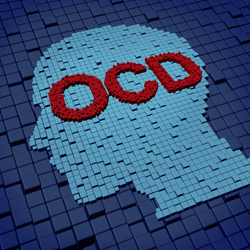A new approach to obsessive compulsive disorder
With the support of EU funding, the 'Attachment anxiety, self structures and obsessive compulsive disorder' (OCD) project carried out four studies to inform conceptualisation and improve the psychological treatment of obsessive compulsive disorder (OCD). The focus was on the influence of experimental manipulations of the attachment system on implicit self-esteem (ISE), and the urge to act in response to scenarios previously considered relevant to OCD. The first and second studies used two student cohorts, and focused on the influence of the priming of the attachment system on ISE. In both studies, the cohorts were divided into two groups, each of which was presented with a different condition. The four conditions studied were classified under the following categories: attachment-anxiety condition, negative control condition, priming of attachment security condition, and acquaintance-priming control condition. Measurements of ISE levels after the attachment manipulation did not yield statistically significant findings in either study. In the third and fourth studies, the cohorts were split into an experimental and control group. In Study 3, results showed that individuals with high-attachment anxiety reacted to the subliminal priming of attachment security with reduced distress and urge to act in response to situations related to OCD. Study 4 investigated supraliminal priming, and findings showed that it did not lead to any change in urge to act in response to OCD-related scenarios. Given the burden of OCD, both personally and socially, and its relatively poor long-term prognosis, ongoing research is needed to arrive at more reliable predictors of treatment response and factors that need to be targeted. The OCD project represents a first step towards a better understanding of the self and attachment processes involved. Ongoing research in this area will help improve OCD assessments as well as the development of treatments and preventative interventions.



